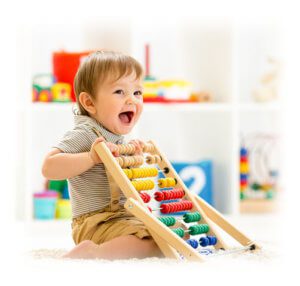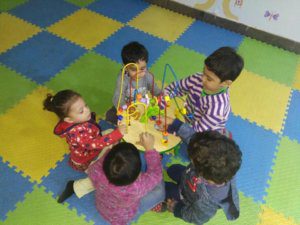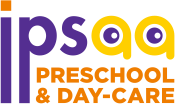Drive your child Crawl & Walk towards their Passion
Extracurricular activities for kids are beneficial in more ways than one. It helps them to socialize,
develop team spirit and improving their health. Developing a positive hobby in a child goes a long way in keeping him away from negative influences of life and at times, even plays a decisive role in developing his/her skill. If parents start early in giving their kids several new experiences that help them explore the world around them, the latter are less likely to face the problems arising out of boredom in their life.
Kids’ extracurricular activities should be based on what is best for their age. When your child is preschool or kindergarten age, they are beginning to master many basic movements and it may be the right time for you to put those movements to use in extracurricular activities. Giving your child a healthy play outlet will allow them to stay active and burn off some of that energy. Prepare yourself to involve your child in sports and playful activities that will enhance his growth.
One common challenge that working parents face is what to do with their kids after the school
day lets out. Even for parents that stay home with their kids, coming up with great activities after the school day is over can be a tough task. Little ones in the preschool or kindergarten often have relatively short attention spans but can still benefit from various Extracurricular activities.
IPSAA drives each and every child towards their passion through…….

Toddler Activities
A toddler needs to simply socialize with other kids of his/her age. The activities involved should develop the motor skills. Engaging sounds and bright colors work best for them.
Preparation for School
As the child reaches the age in which he/she needs to be sent to school, they should learn taking responsibility and structure. Activities such as story hour, dance or sports are good initiators for the qualities he/she needs to inculcate for going to school.

Activities for School Kids
The extracurricular activities for kids in school are critical for the development of skills such as time management and balancing of responsibilities. It is important for them to make friends with other kids with similar interests which is possible by participation in sports. The positive impact on health and emotional development of
the kids leave them better equipped mentally to deal with the problems they might face in the future. Inculcating the kids taking parts in sports are more inclined to stay away from heath issues building their Stamina.
Summer Camp Activities
kids look forward to summer vacation because it signals a break from school, from homework, and from the routines that seem to drag on forever while school is in session. The truth, though, is that preschoolers and kindergarteners need to continue to exercise their minds and reinforce the lessons they have learned during the “off-season.” Like an athlete in training, kids should constantly be challenging their minds and learning new skills.
Benefits of extracurricular activities of kids are not confined to their personality development but achievement in these activities is also required to drive them towards their passion. The extracurricular activities of kids also need to be balanced as per Getting your child involved in an extracurricular activity not only occupies some of their free time, it teaches them valuable skills for the rest of life. Make sure you get your children involved in extracurricular activities so they can discover their passions!

